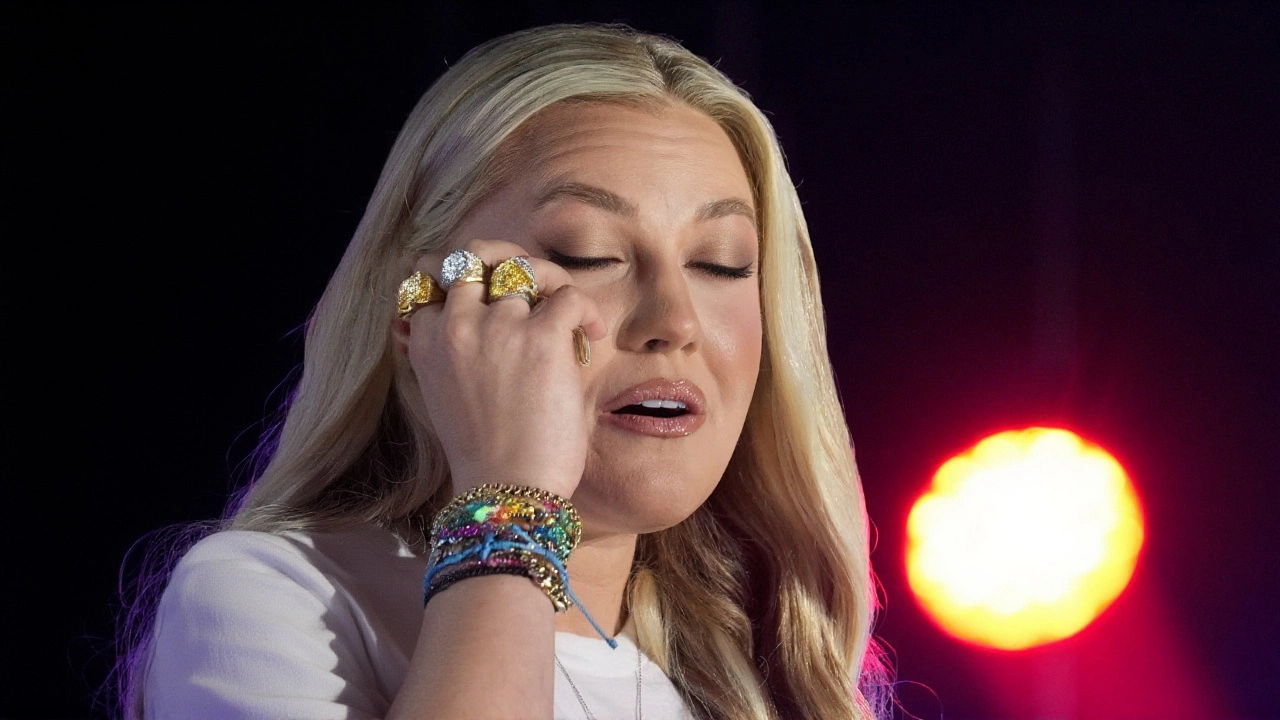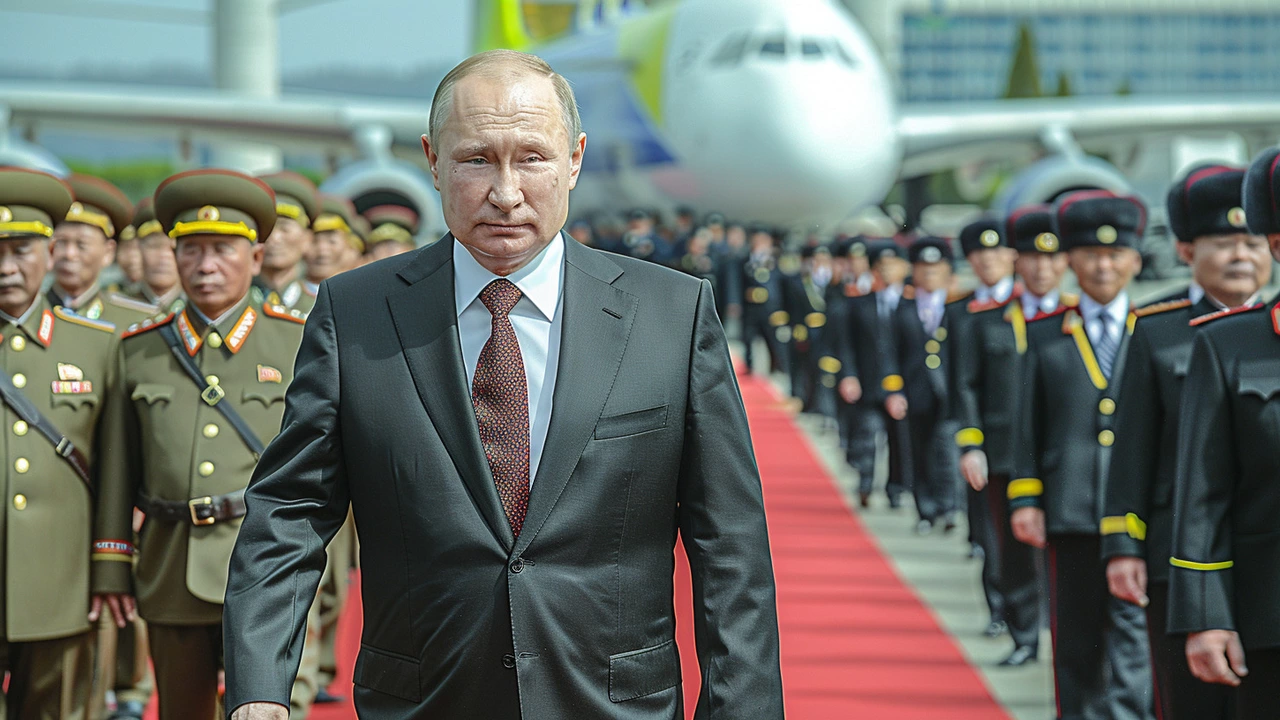Putin's Grand Welcome in North Korea Signals a New Russia‑Korea Alliance
When Vladimir Putin stepped off the plane in Pyongyang, the crowd roared like they were at a rock concert. The scene was packed with soldiers, banners, and a lot of fanfare. It wasn’t just a photo‑op; it marked a clear shift in how Russia and North Korea see each other. If you follow international news, you know this is a big deal because it could change the balance of power in East Asia and beyond.
Why the visit matters
First off, the timing is important. The West has been tightening sanctions on both Moscow and Pyongyang, so they’re looking for allies who can offer a cushion. Putin’s trip shows that Russia is willing to stand up with North Korea against what they call Western pressure. That sends a signal to other countries that there’s a growing bloc that’s not afraid to go its own way.
The political side is obvious – both leaders talked about mutual respect and support in international forums. But the news didn’t stop at speeches. They signed agreements that cover a range of areas: energy projects, technology exchanges, and even cultural programs. It’s a multi‑layered partnership that goes far beyond just military drills.
What the agreements cover
On the economic front, Russia promised to help North Korea develop its energy infrastructure. That could mean new gas pipelines or joint ventures in nuclear technology – all under strict controls to avoid Western eyes. Trade talks also opened doors for more Russian goods to flow into the North, which could lift some of the daily hardships there.
Culturally, both sides announced plans for student exchanges and joint media projects. It might sound soft, but sharing language, music, and film helps build a long‑term bond that sticks even when politics get tense. Security cooperation was also on the table, with hints of joint training and information sharing. While no explicit weapons deals were mentioned, the implication is clear: they’ll back each other up if pressured.
What does this mean for you, the reader? If you’re watching the geopolitical chessboard, this alliance could affect everything from oil prices to the stability of supply chains in Asia. Countries that depend on Russian energy might see new routes, while Western nations could feel the need to tighten their own alliances in the region.
In short, Putin’s North Korea visit is more than a headline. It’s a concrete step toward a deeper partnership that touches politics, economics, culture, and security. Keep an eye on how this relationship evolves – it’s likely to shape news cycles and policy decisions for months to come.

